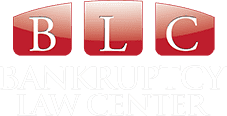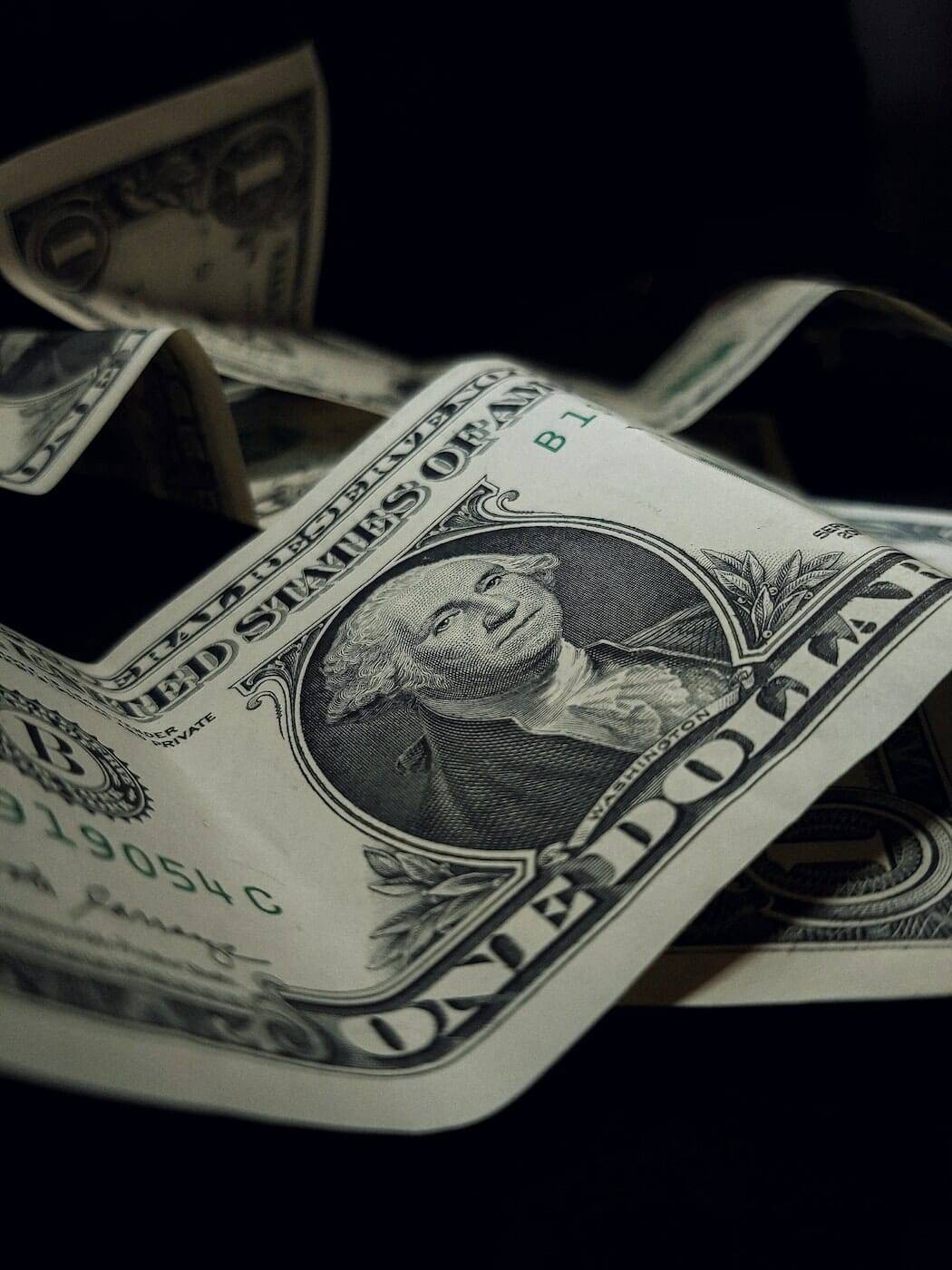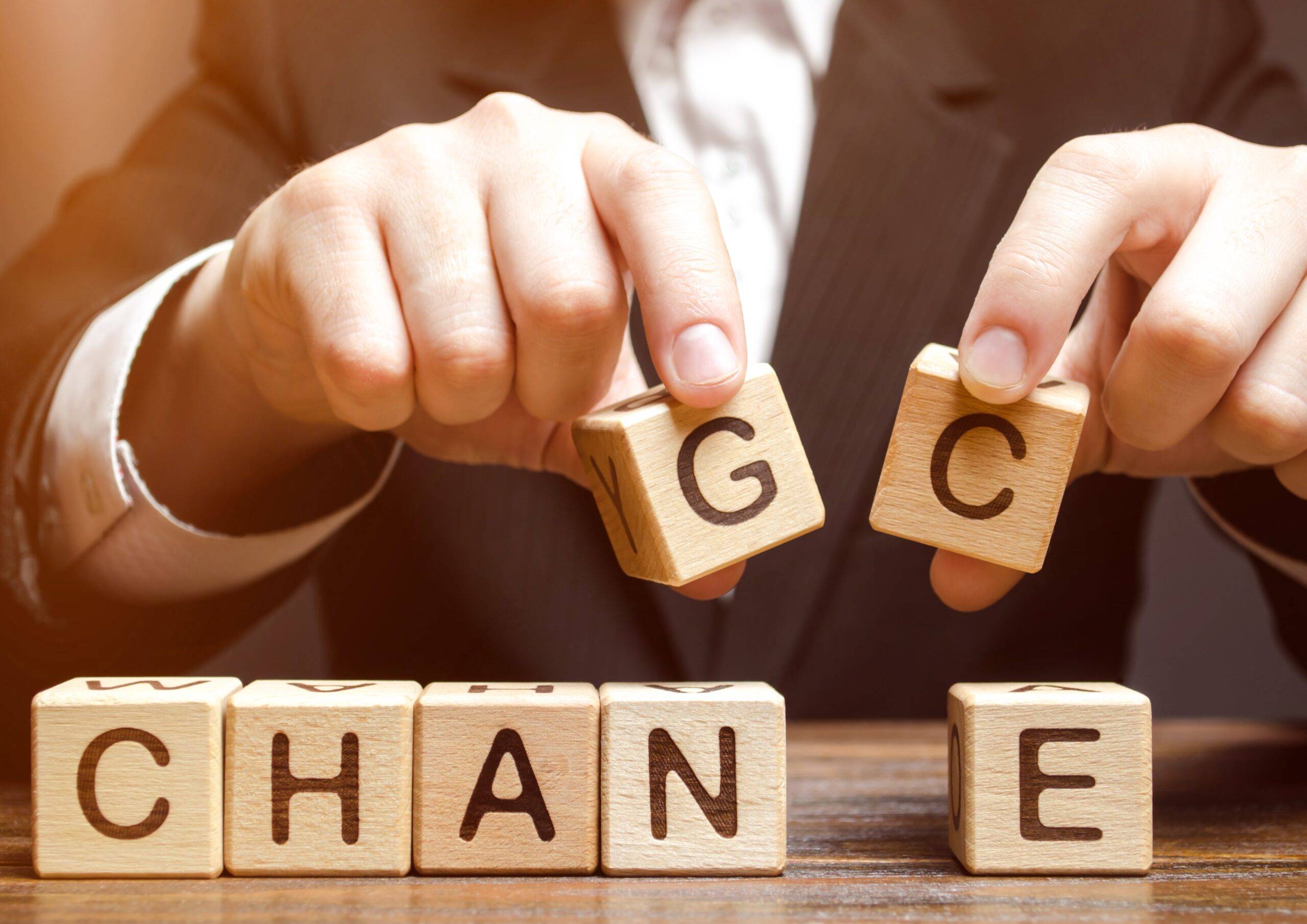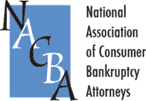
Are you unable to pay your bills and wondering what steps you can take? If so, filing for a Chapter 7 bankruptcy could be beneficial. If you are considering filing for bankruptcy, you are probably weighing the pros and cons of filing bankruptcy. If you feel that the pros outweigh the cons of filing for a Chapter 7 bankruptcy, you can be on your way to a fresh financial future faster than if you wait and do nothing. However, if you feel that the cons of a Chapter 7 bankruptcy are a deal-breaker, you may benefit from an alternative, such as filing for Chapter 13 bankruptcy.
Cons of Filing Bankruptcy:
When filing for a Chapter 7 bankruptcy, only certain types of debt can be discharged at the end of the process.
These debts include:
- Spousal support
- Court-ordered fines
- Child support
- Victim restitution
They cannot be discharged through a Chapter 7 bankruptcy. Unlike a Chapter 13 Bankruptcy, your home will not be able to be saved from foreclosure in a Chapter 7 bankruptcy. Additionally, a Chapter 7 bankruptcy will stay on your credit report for 10 years. Finally, after you file for chapter 7 bankruptcy, you will have to pay high-interest rates for auto loans and credit cards for a few years after your debt is discharged.
The disadvantages of filing bankruptcy are surprisingly limited. A bankruptcy filing will stay on your credit history for 10 years. But if you are considering bankruptcy, your credit has most likely suffered terribly already, and continuing strings of late payments do terrible damage to your credit as well. The good news is that after bankruptcy, many creditors may feel that you will be better able to handle debt because you can’t discharge debt in Chapter 7 for another 8 years. This period actually will allow you to re-establish credit and build a positive credit history within a relatively short time.
And bankruptcy is not free. You must hire a lawyer and you must also pay filing fees to the court. But expert bankruptcy lawyers are not expensive (relative to the almost immediate benefits you will see in return) and they are very experienced at showing you how to pay modest amounts even when your budget seems to be maxed out.
Pros of Filing Bankruptcy
There are many positives that come with filing for Chapter 7 bankruptcy, which is why Chapter 7 bankruptcy is popular among individuals seeking a discharge of their debt.
At the end of the Chapter 7 bankruptcy, the court will discharge debt like:
- Unsecured debt
- Medical debt
- Personal loans
- Credit card debt
Chapter 7 bankruptcies are typically quicker than other types of bankruptcies. In most cases, from start to finish, the bankruptcy will be done within six months, giving the debtor a clean financial slate relatively quickly.
Once the bankruptcy has been discharged, your credit score will drop. Nonetheless, you can begin rebuilding your credit score immediately. Debtors who take rebuilding their score seriously can rebuild their score into the 700s within two to three years after their bankruptcy discharge. At the end of the process, everything you earn after filing for bankruptcy will be yours to keep, unlike in Chapter 13 bankruptcy.
With two forms of personal bankruptcy available to you (Chapter 13 and Chapter 7), you may first have to consider which form fits your circumstances the best. Chapter 13 is generally for people who need to save their equity in a home or other property. It is for people that have some form of steady income, but are behind on their payments due to their circumstances. In Chapter 13, these people are allowed to keep their property by maintaining their current payments and by implementing a plan that will make up their delinquent payments over three to five years.
On the other hand, Chapter 7 is used by people who have high debts that they want to erase regardless of whether they have current income. Getting rid of debts gives people a fresh start and allows them to begin meeting their living expenses. It also gives them a chance to rebuild credit and go forward with their financial lives in a positive way.
Chapter 7 bankruptcy stops all the negative events that come with too much debt (lawsuits, wage garnishments, auto repossessions, foreclosures) and gives people time to make changes in their lives and to recover from excessive debt burdens. It eliminates most all of a person’s unsecured debts by “discharging” these obligations. There are some limits to this discharge of debts, of course. Certain IRS debts are not eliminated. Most student loans cannot be discharged and you would still owe spousal and child support payments.
But if you have substantial debts, you should consider bankruptcy as an option that will protect you from creditors. And most people that file bankruptcy are allowed to keep all of their property because of legal “exemptions” that are provided under the laws. These exemptions should be reviewed with an expert bankruptcy lawyer since they are complex and they vary depending on your specific circumstances. But in the long run, you should be able to protect your personal property, equity in your home, insurance benefits, pensions, wages, bank accounts, tools of your trade and more.
Discuss the Pros and Cons of filing Bankruptcy With a San Diego Lawyer
Filing for bankruptcy carries a stigma in the United States. Many of us believe myths about bankruptcy that are not true. If you cannot decide whether to file for bankruptcy or not, one of the best things you can do is discuss your case with a lawyer. At the Bankruptcy Law Center, We have helped thousands of clients file for bankruptcy. Our bankruptcy lawyers are familiar with all of the strategies you can use to make a fresh start.
After carefully considering your financial situation based pros and cons of filing bankruptcy, along with your goals, we will advise you on which type of bankruptcy works best for your unique situation. Contact us today to schedule your initial consultation and learn more about the pros and cons of filing for Chapter 7 bankruptcy.
